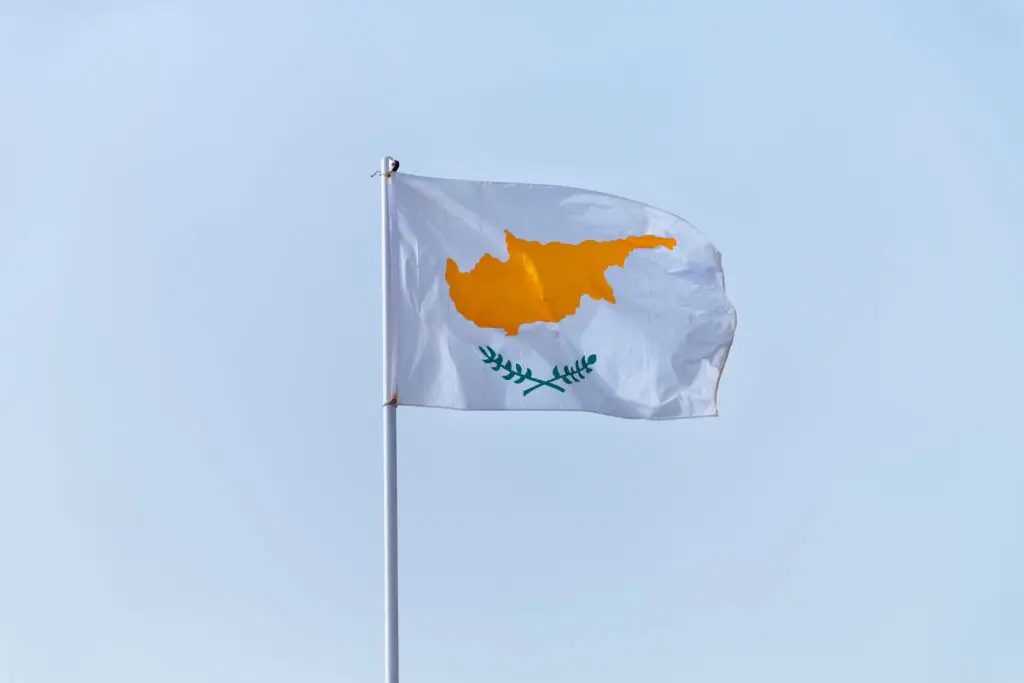One of the most attractive features of doing business in the Netherlands is the possibility to obtain an Advance Tax Ruling (ATR) and/or Advance Pricing Agreement (AP) so that foreign companies investing in or through the Netherlands have full certainty on their future tax position in the Netherlands.
In June, the Dutch Ministry of Finance published five new decrees on ATRs, APAs and the Dutch substance requirements. These decrees update and replace the previous decrees of August 11, 2004. The new decrees apply for fiscal years starting on and after January 1, 2014.
Below we highlight the main changes with respect to the ATR and APA ruling practice in the Netherlands. In general, the new decrees formalize already existing Dutch ruling practice.
ATRs
The Dutch tax authorities will only conclude ATRs with intermediate holding companies and top holding companies if either (i) the minimum substance requirements are met (see under Substance Requirements), or (ii) if the Dutch holding company is part of a group which has operational activities in the Netherlands or has genuine plans to engage in these.
Taxpayers (not otherwise meeting the so-called Limitation on Benefits [LOB] criteria) may request the competent authority of a state to grant treaty benefits on a discretionary basis (under article 26, paragraph 7 of the US – Netherlands tax treaty). Prior to January 1, 2014, the Dutch Ministry of Finance was assigned to deal with such requests. Effective January 1, 2014, the LOB requests are reviewed by the APA/ATR Team, which is a division within the Dutch tax authorities responsible for APA and ATR requests. As a result, the new process for ruling requests involving a LOB request became much more efficient and now has a quicker turnaround time.
APAs
The new decrees provide some new rules with respect to APAs, but mostly they codify already existing practice. A Dutch taxpayer engaged in intercompany financing and licensing activities is eligible for an APA if the taxpayer (i) meets the minimum substance requirements (see under Substance Requirements), and (ii) bears real business risks in connection with such activities. This was already applied under the previous decrees, but under the new decrees the scope is expanded to include leasing and renting activities.
If a Dutch taxpayer – engaged in intercompany financing, licensing, leasing or renting activities – does not meet the minimum substance requirements, and the group of which it is a part also does not have operational activities in the Netherlands (and does not plan to engage in operational activities in the Netherlands in the near future), then the Dutch tax authorities intend to spontaneously exchange information with foreign tax authorities.
Substance requirements
The decrees provide a list of the minimum substance requirements for ATRs and APAs; these are in line with the existing requirements:
- At least 50 percent of the statutory (and decision making) directors of the Dutch company should be residents of the Netherlands
- The Dutch resident directors have the required professional knowledge to perform their duties satisfactorily. Their duties should at least include (i) decision making on the transactions of the Dutch company within the framework of normal group influence and (ii) taking care of a proper execution of the transactions to be entered into
- The company has qualified personnel at its disposal to properly execute and register the transactions entered into (this may also be employees from third parties, such as trust companies)
- Board decisions are made in the Netherlands
- The most important bank accounts are kept in the Netherlands
- company bookkeeping must take place in the Netherlands
- The company’s business address is in the Netherlands and the company is not treated as a tax resident of another country
- The company complies with all its tax reporting obligations in the Netherlands
- The company runs a real risk with respect to its financing, licensing or leasing activities and
- The company has an equity at risk that corresponds to the functions performed.
The substance requirements are also applicable to Dutch companies engaging in intercompany financing, licensing, leasing or renting activities without an APA that wish to apply for the Dutch treaty network or the EU Interest and Royalty Directive. If such companies do not meet the minimum substance requirements, then the Dutch tax authorities intend to spontaneously exchange information with foreign tax authorities.
Greenfield Team
Foreign companies looking to establish substantial business activities in the Netherlands can contact the Dutch Greenfield Team. As a special division within the Dutch tax authorities, the Greenfield Team provides foreign investors information on their tax status in advance, but in a more efficient and faster manner than the APA/ATR Team. In addition, the so-called Greenfield rulings typically have a term of 10 years or more (compared to a four- to five-year term under a typical ATR/APA).
To ensure your compliance
The new decrees continue the existing APA/ATR and Greenfield ruling practice, but provide additional guidance on which requirements need to be met in order to obtain an APA, ATR or Greenfield ruling. While most companies should currently have sufficient substance, it may be worthwhile to review current operations in light of this most recent decree to ensure compliance.
Source: DLA Piper.





